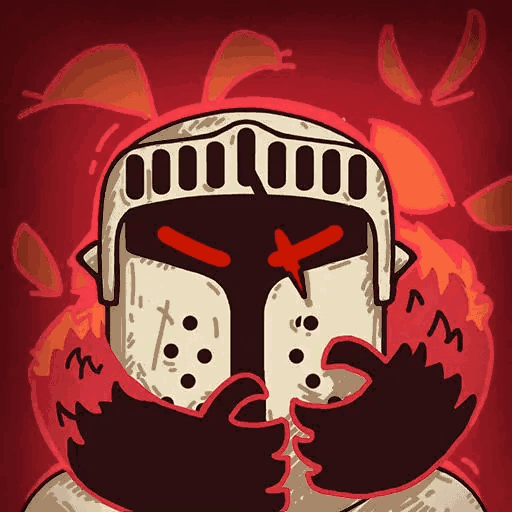Will Wright's early *Sims* games were brimming with charming details, immersive mechanics, and delightful surprises—elements often absent in later iterations. From deeply personal memory systems to uniquely quirky NPC interactions, these features truly captured the magic of the originals. But as the series evolved, many beloved elements faded. This article fondly revisits those forgotten gems from the first two *Sims* games—features fans still cherish and long to see return.
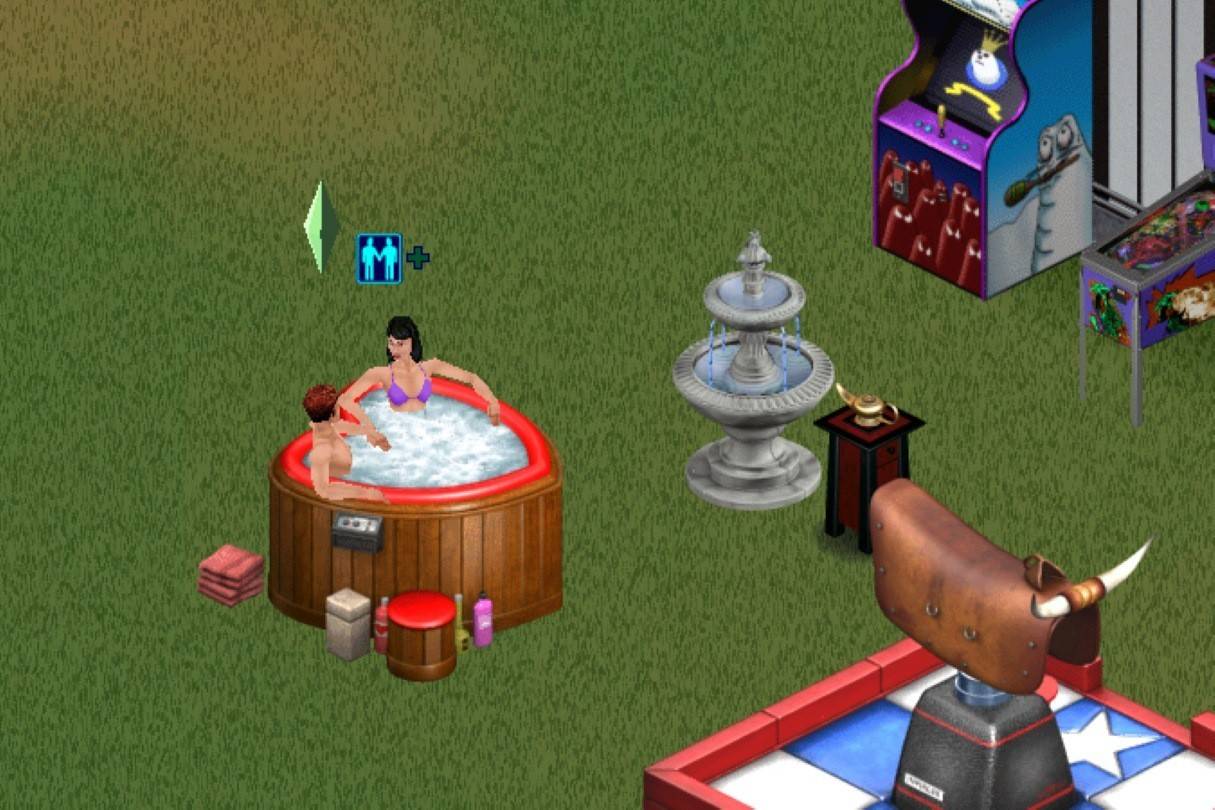 Image: ensigame.com
Image: ensigame.com
Table of Contents
The Sims 1
Authentic Plant Care
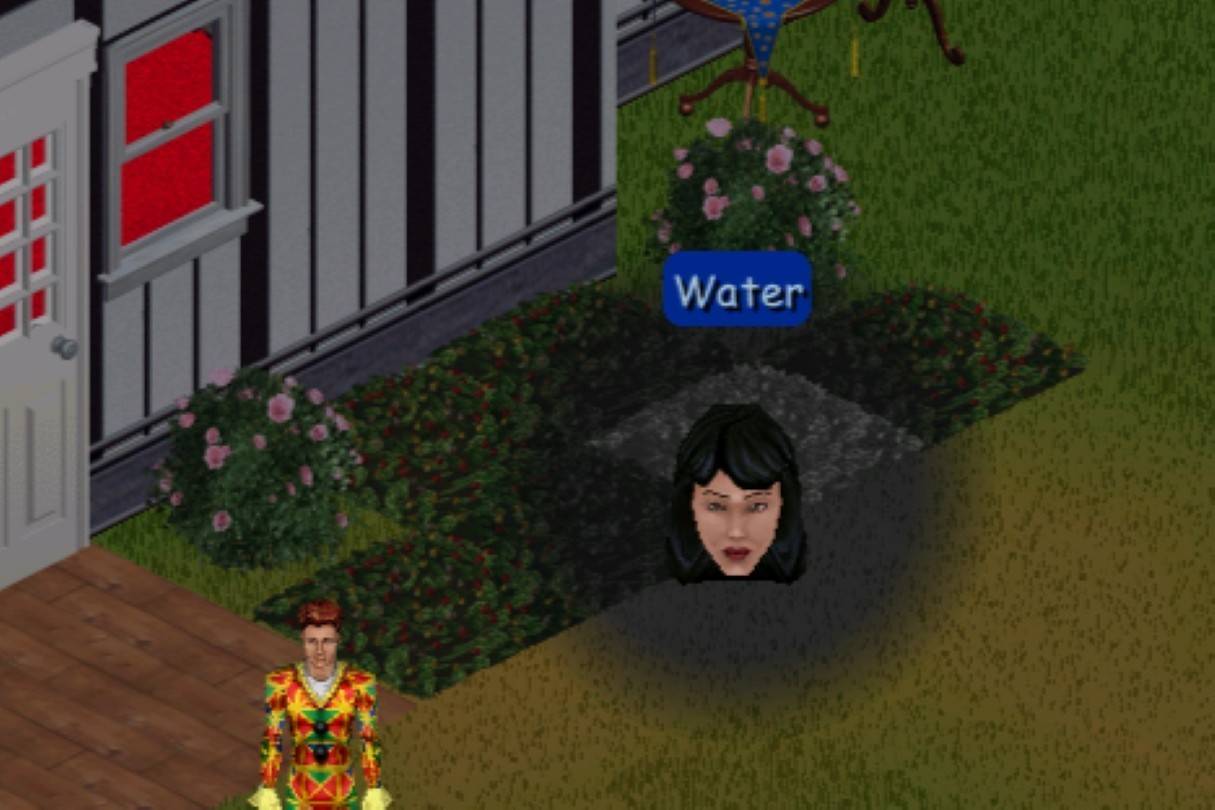 Image: ensigame.com
Image: ensigame.com
The original Sims demanded diligent plant care. Neglecting indoor plants led to wilting, impacting both aesthetics and your Sim's "Room" need, subtly encouraging players to maintain tidy homes.
Can’t Pay, Can’t Eat!
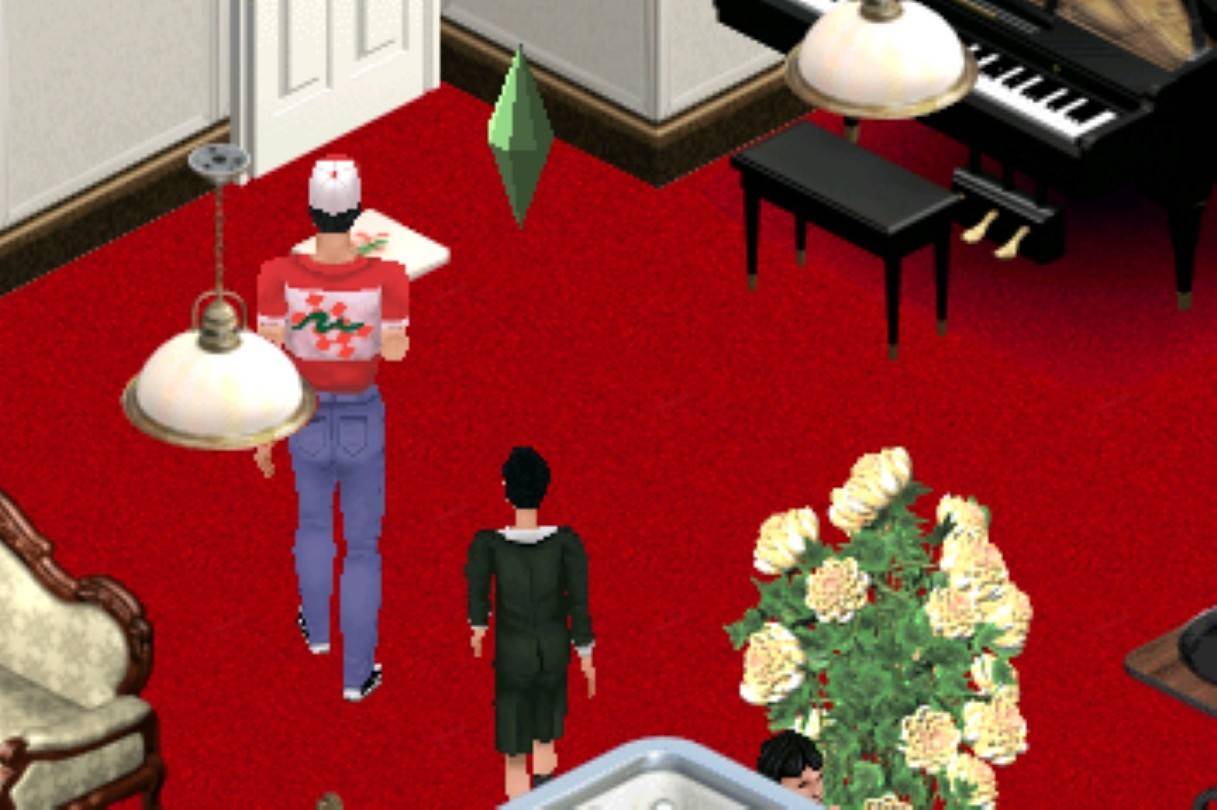 Image: ensigame.com
Image: ensigame.com
Freddy, the pizza guy, wasn't shy about his frustration if your Sim couldn't pay. He'd unceremoniously reclaim the pizza and leave, adding a touch of realism to the experience.
A Genie’s Unexpected Gift
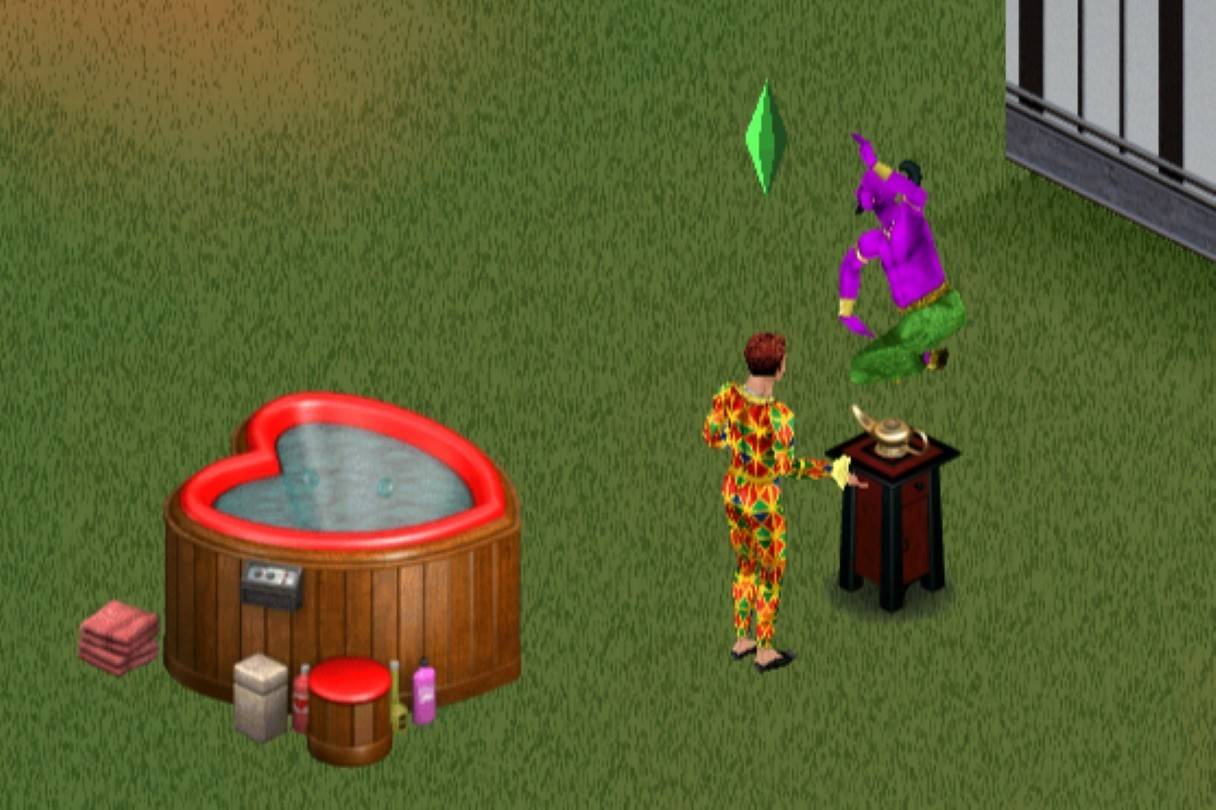 Image: ensigame.com
Image: ensigame.com
The genie lamp offered daily wishes, with lasting effects. A surprising twist: wishing for "water" could rarely grant a luxurious hot tub—a delightful unexpected bonus, especially during self-imposed challenges.
The School of Hard Knocks
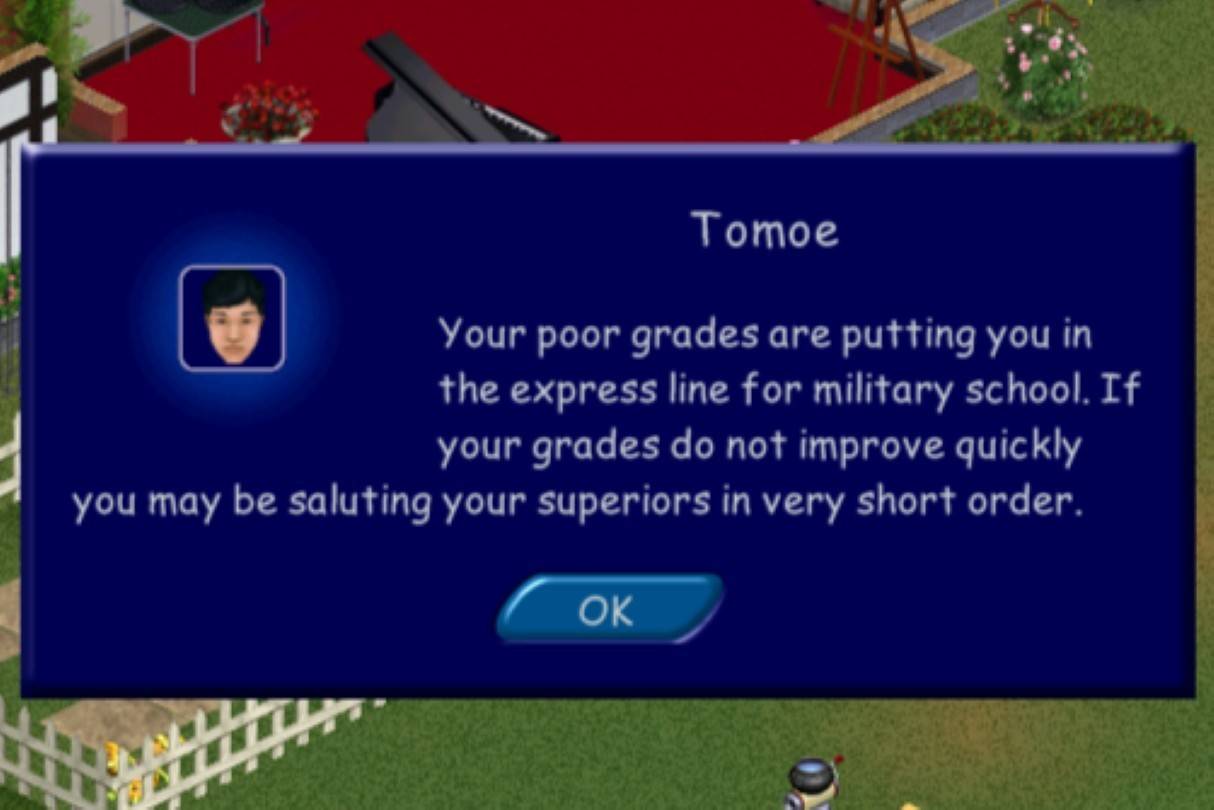
Education had serious consequences. Excellent grades brought a gift from grandparents; poor grades meant military school—a one-way trip away from home.
Realistic WooHoo
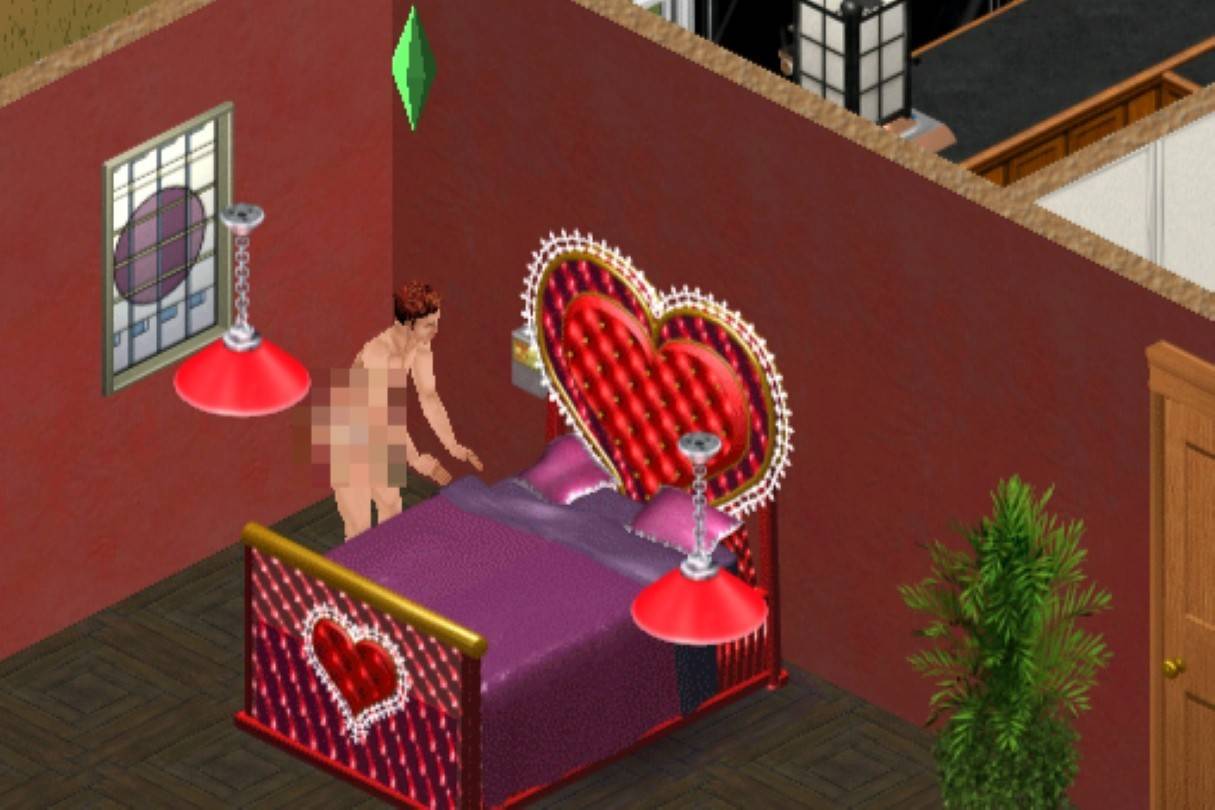 Image: ensigame.com
Image: ensigame.com
WooHoo included undressing before and diverse post-WooHoo reactions: crying, laughing, cheering, or even disgust—a surprisingly realistic portrayal for its time.
Fine Dining
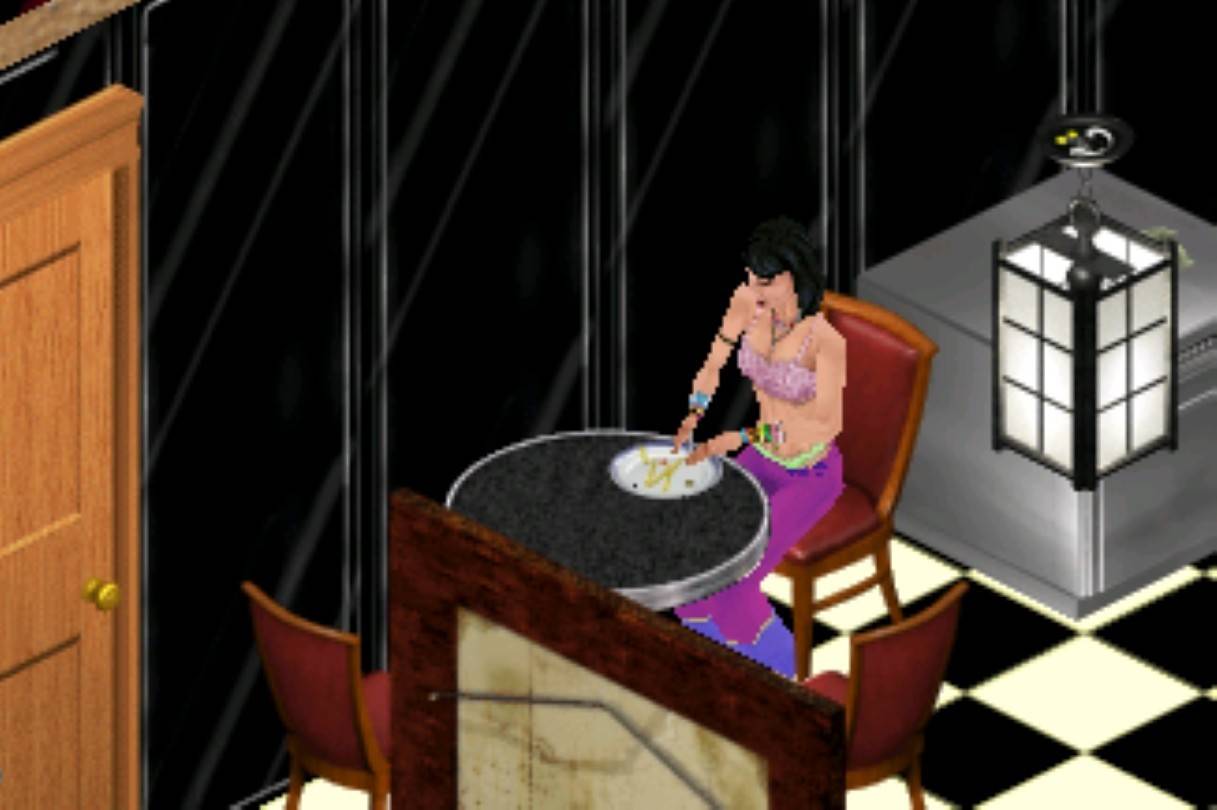 Image: ensigame.com
Image: ensigame.com
Sims used knives and forks properly—a level of detail absent in later games.
Thrills and Spills
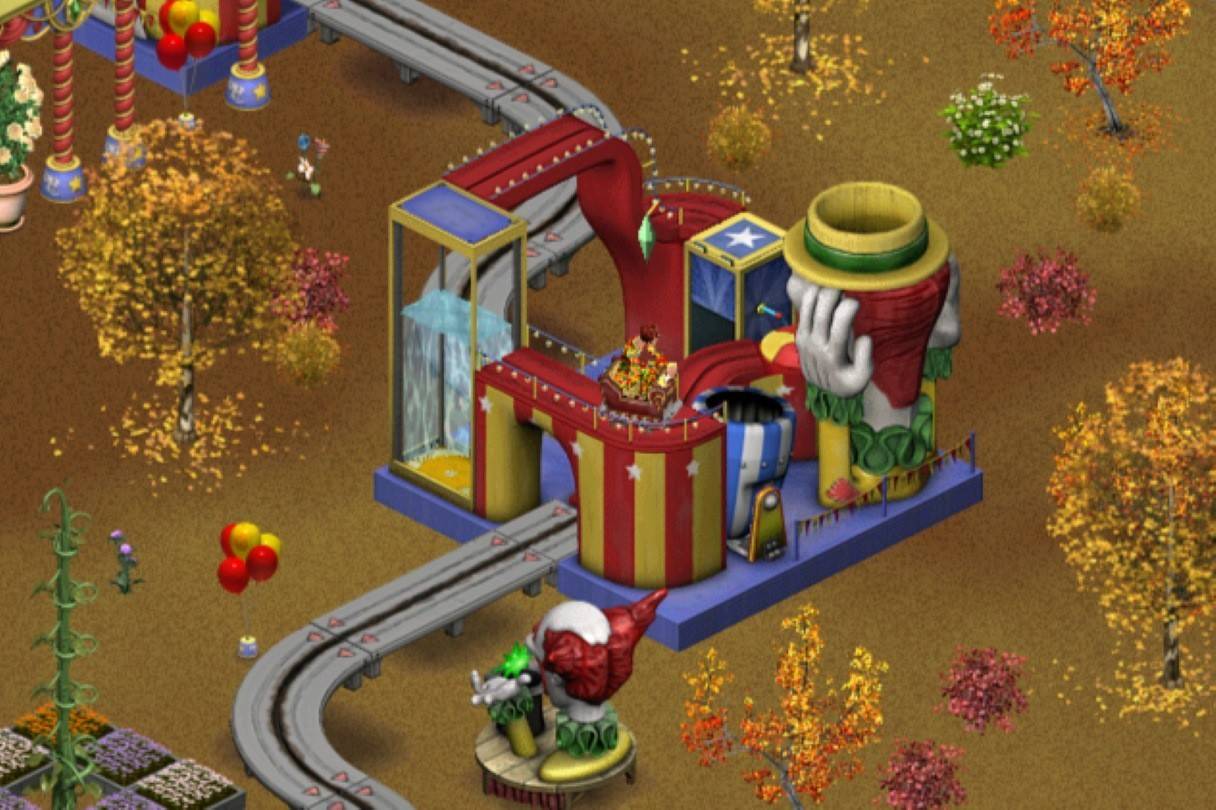 Image: ensigame.com
Image: ensigame.com
Makin’ Magic introduced roller coasters in Clowntastic Land and Vernon's Vault, with the ability to build custom coasters anywhere.
The Price of Fame
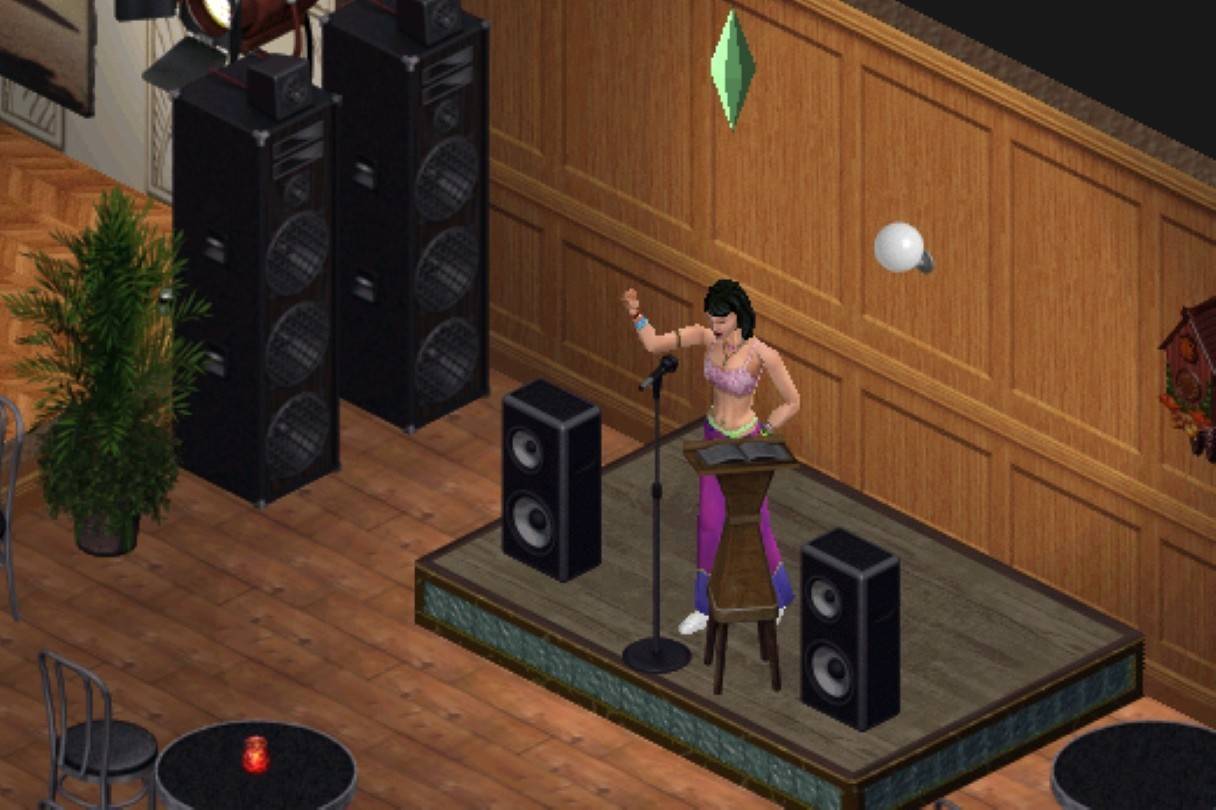 Image: ensigame.com
Image: ensigame.com
Superstar offered a five-star fame system. Success boosted your ranking; failure, neglect, or breakdowns could lead to being dropped by the agency.
Spellcasting in Makin’ Magic
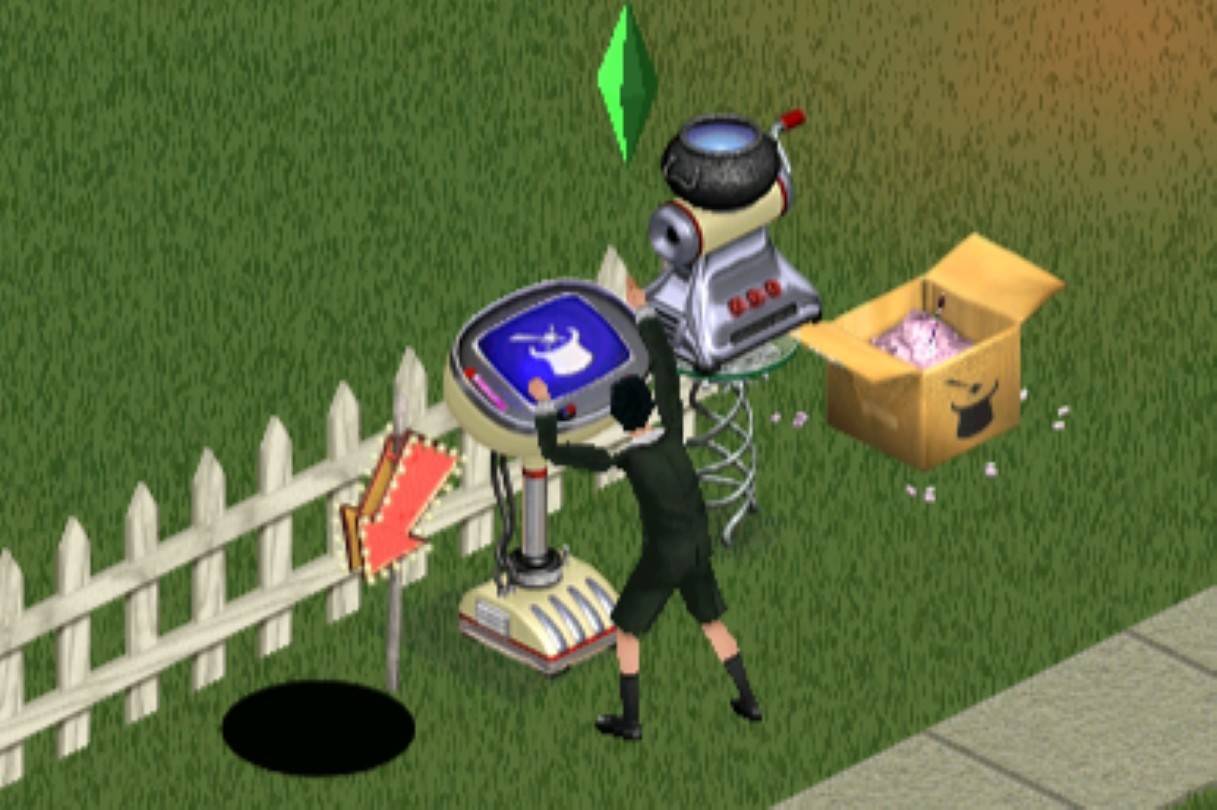 Image: ensigame.com
Image: ensigame.com
Makin’ Magic's spellcasting system involved combining ingredients, documented in The Start Here Spellbook, with spells for both adults and children (a unique feature).
Singing Under the Stars
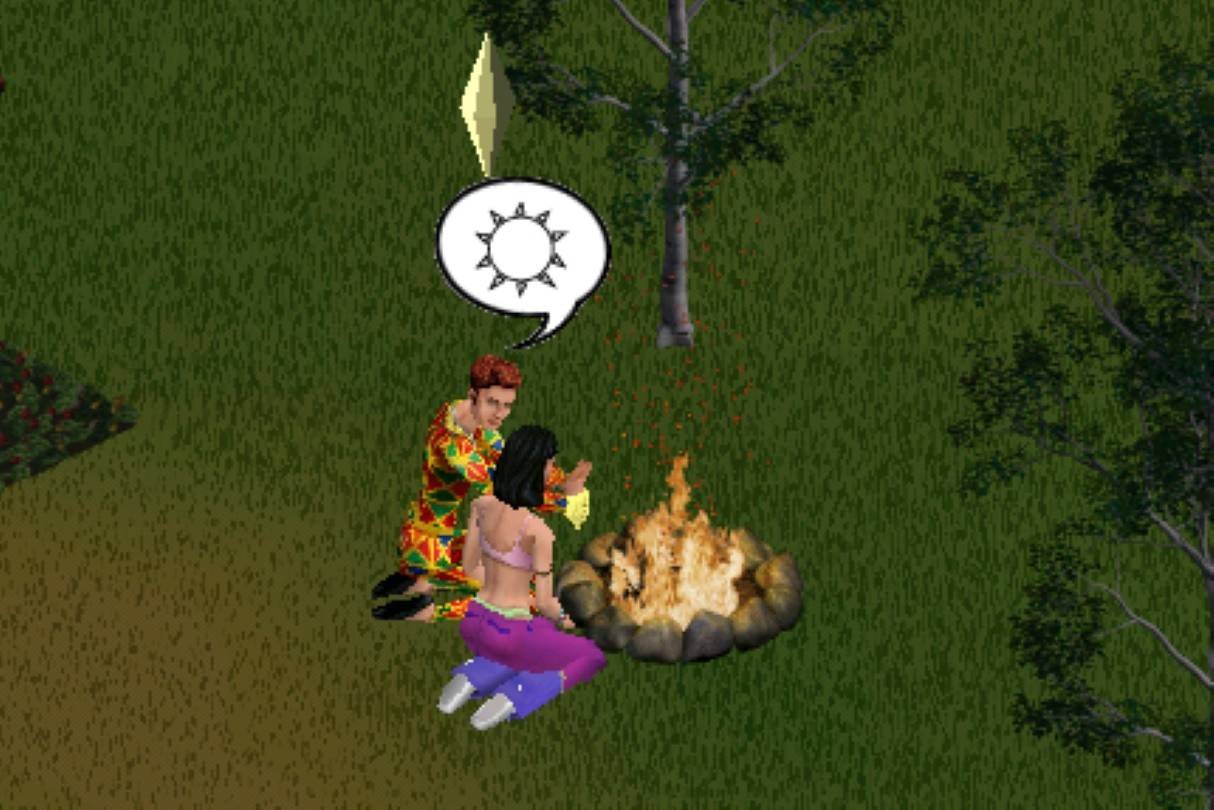 Image: ensigame.com
Image: ensigame.com
Sims could enjoy campfire singalongs with three different folk songs, adding a charming social element.
The Sims 2
Running a Business
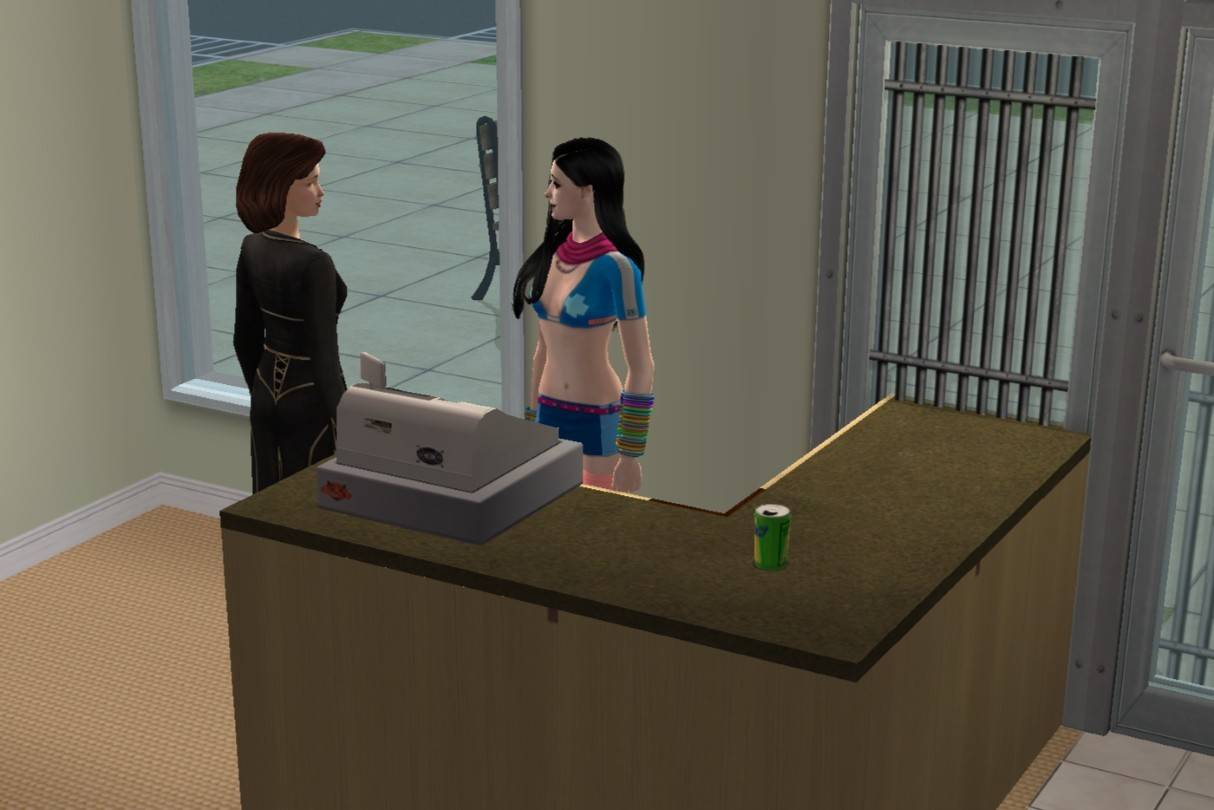 Image: ensigame.com
Image: ensigame.com
The Sims 2 allowed Sims to open and manage businesses, from boutiques to restaurants, hiring and managing employees.
Higher Education, Higher Rewards
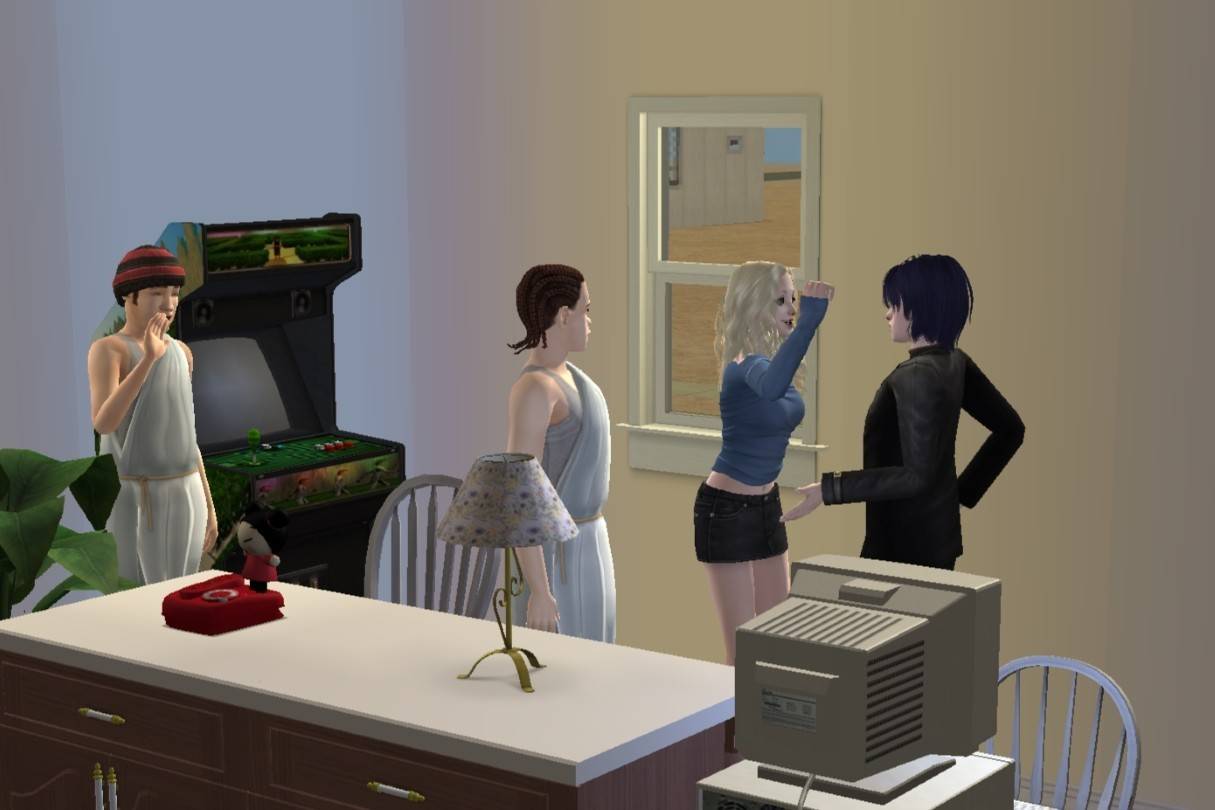 Image: ensigame.com
Image: ensigame.com
University let teens attend college, live in dorms or houses, choose majors, and unlock better careers upon graduation.
Nightlife
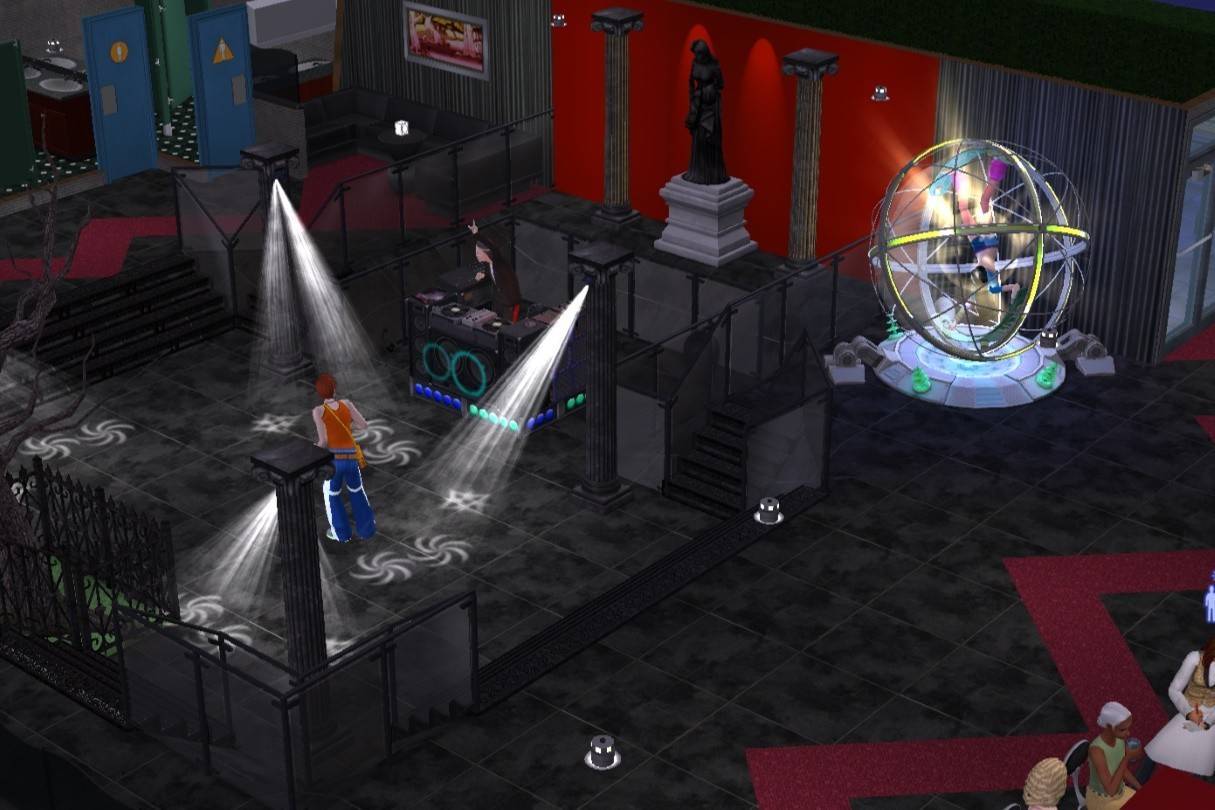 Image: ensigame.com
Image: ensigame.com
This expansion introduced inventories, new social interactions, memorable NPCs (Mrs. Crumplebottom!), and more dynamic romantic interactions.
The Excitement of Apartment Life
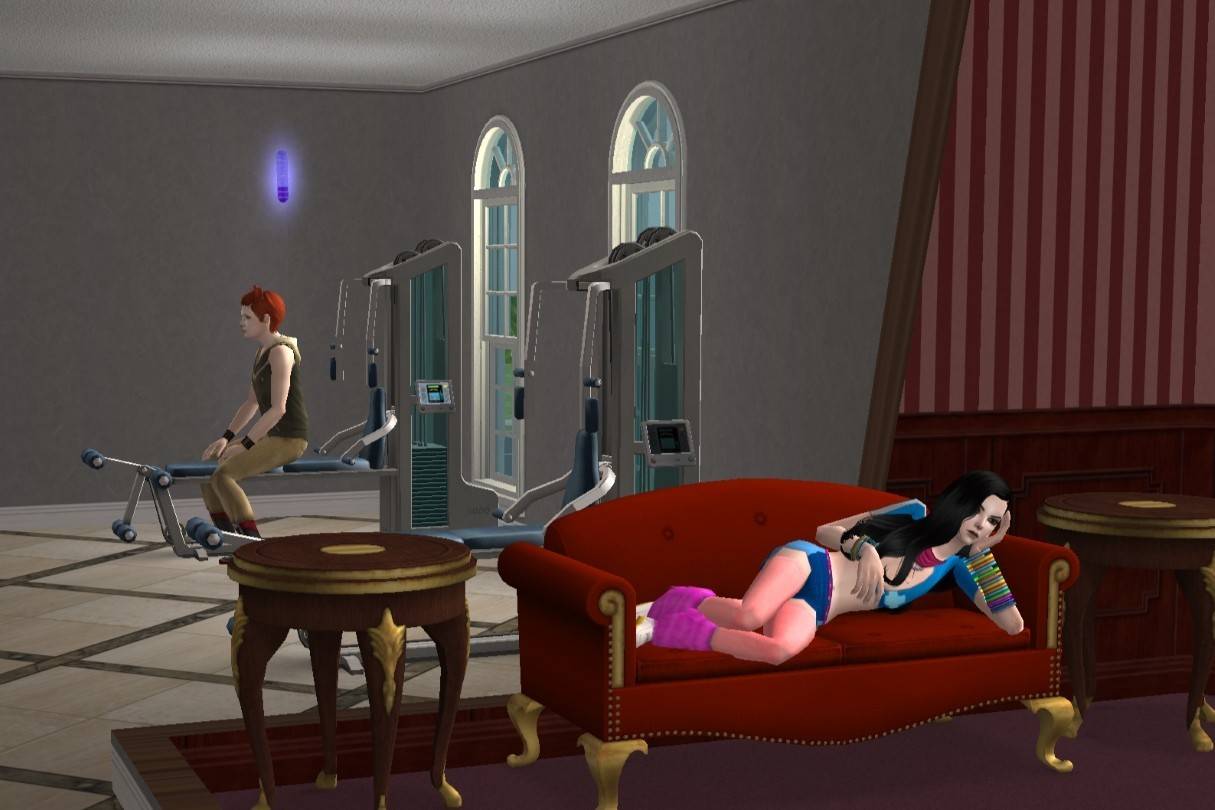 Image: ensigame.com
Image: ensigame.com
Apartment Life added apartment living, with close proximity leading to new relationships and opportunities.
Memories That Last, Love That Doesn’t
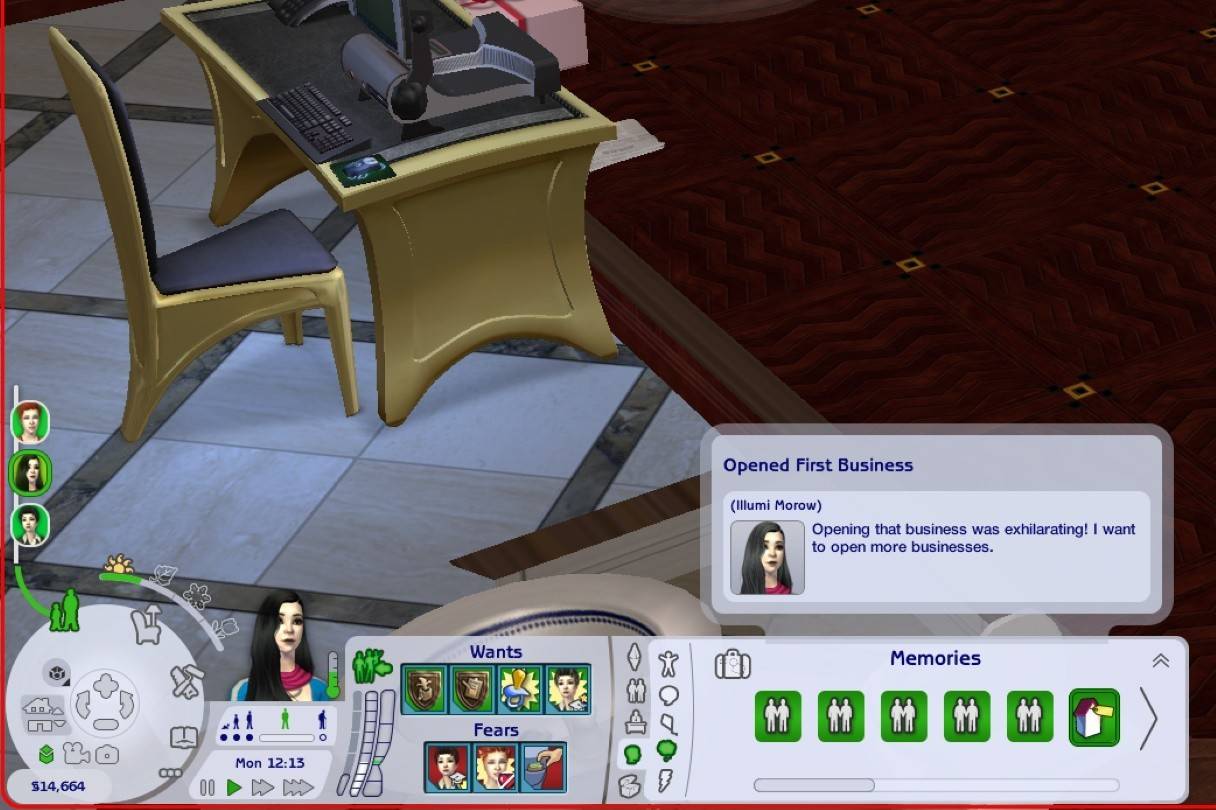 Image: ensigame.com
Image: ensigame.com
The Sims 2's memory system tracked major life events, shaping personalities. Unrequited love added depth and realism.
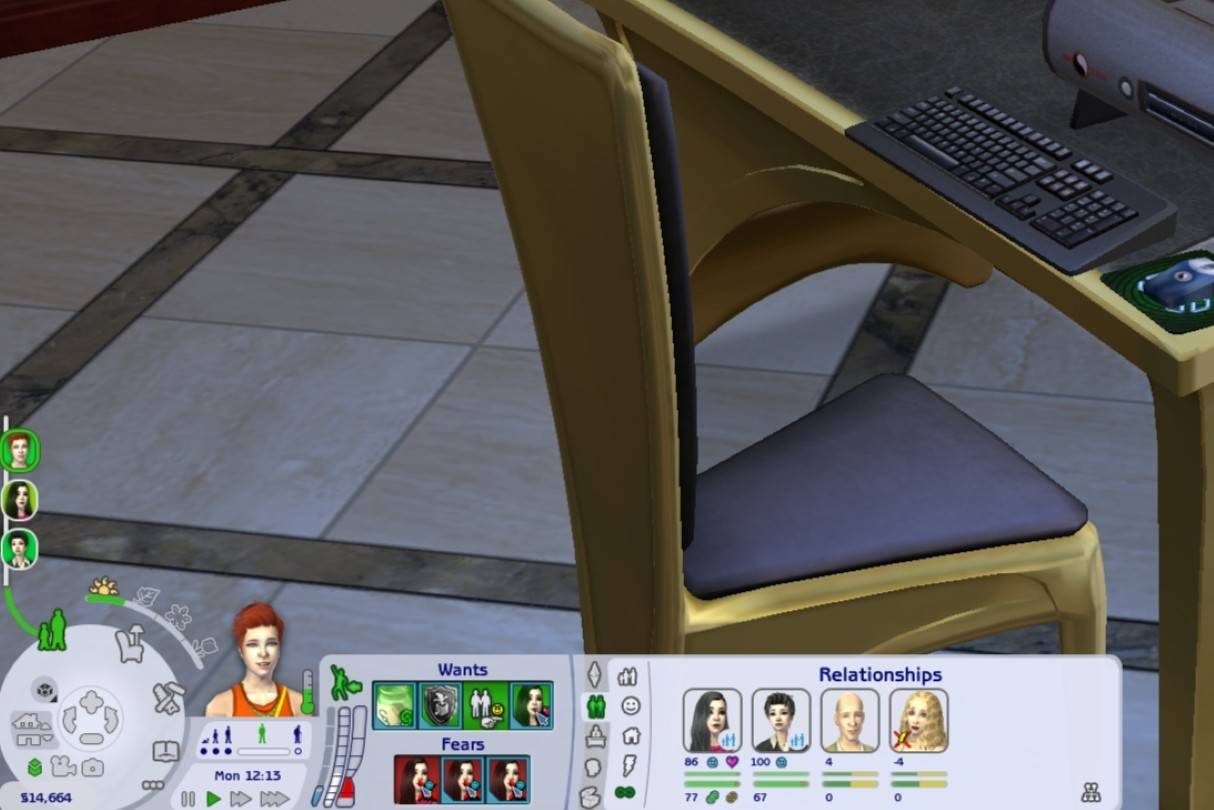 Image: ensigame.com
Image: ensigame.com
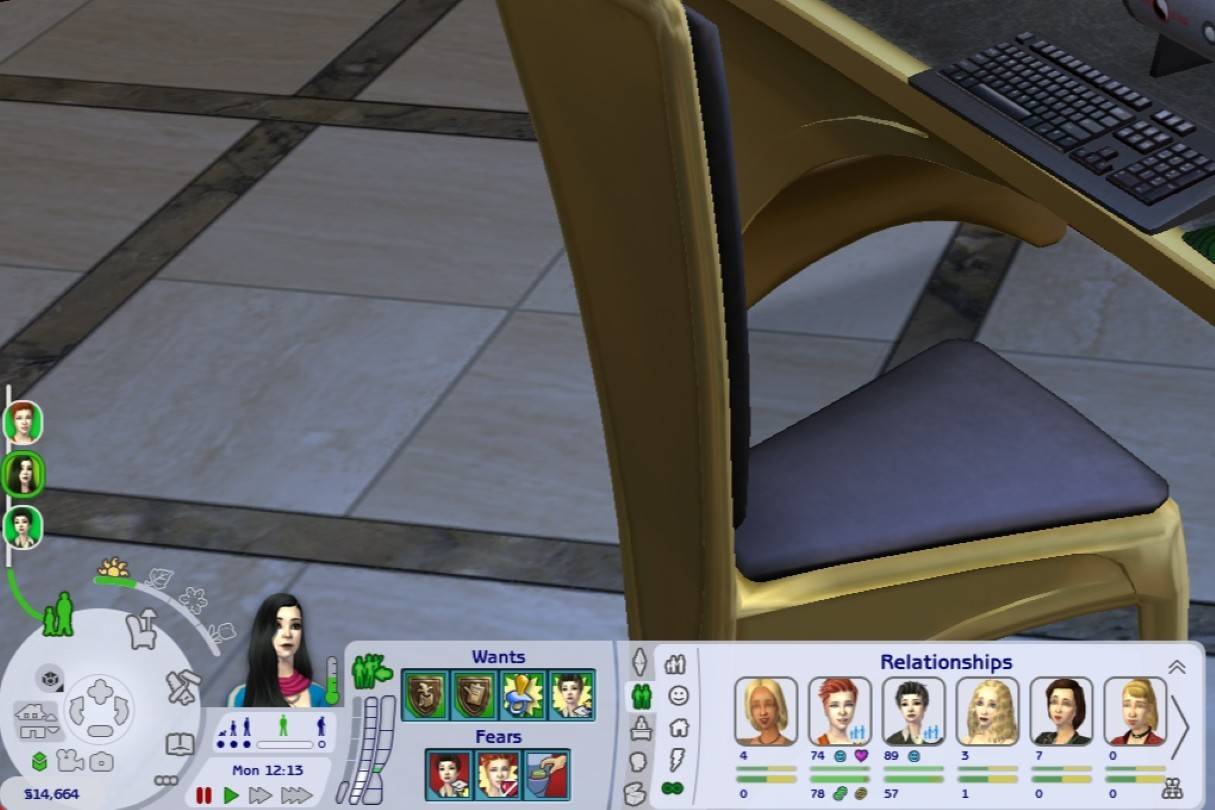 Image: ensigame.com
Image: ensigame.com
Functional Clocks
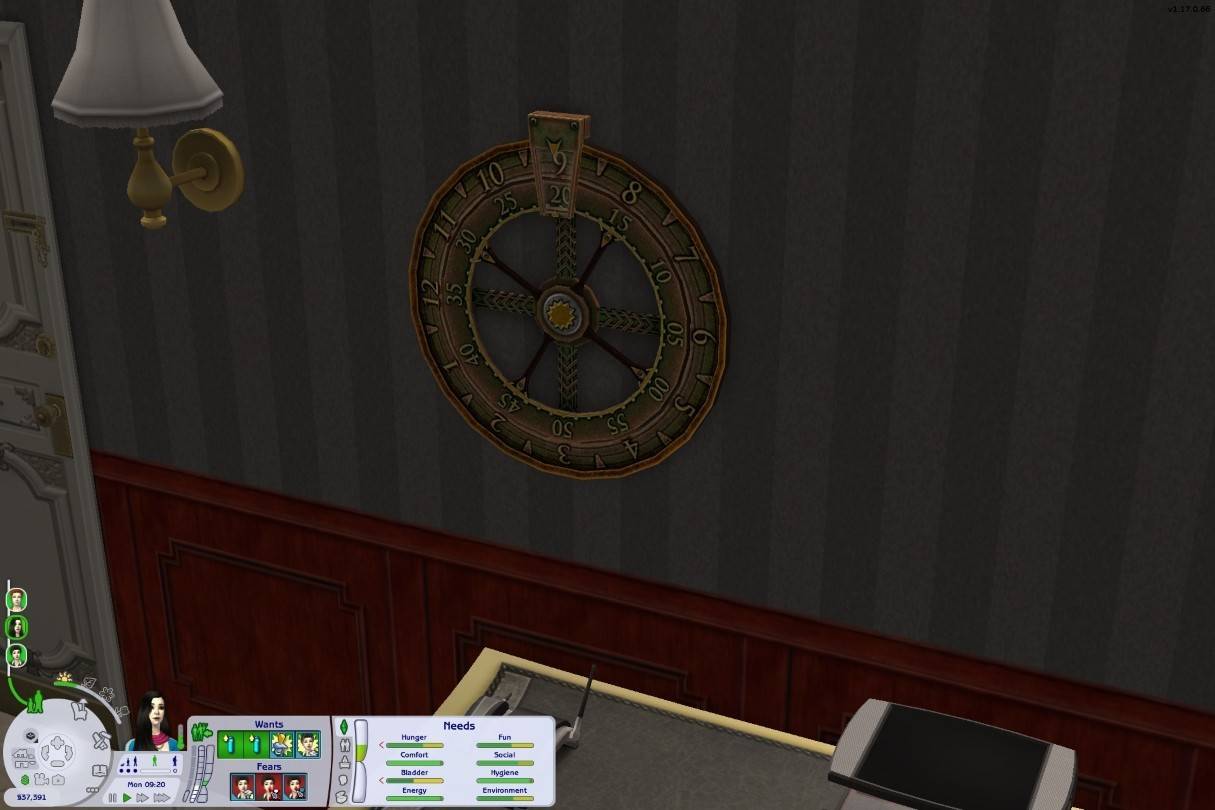 Image: ensigame.com
Image: ensigame.com
Clocks displayed in-game time.
Shop ‘Til You Drop
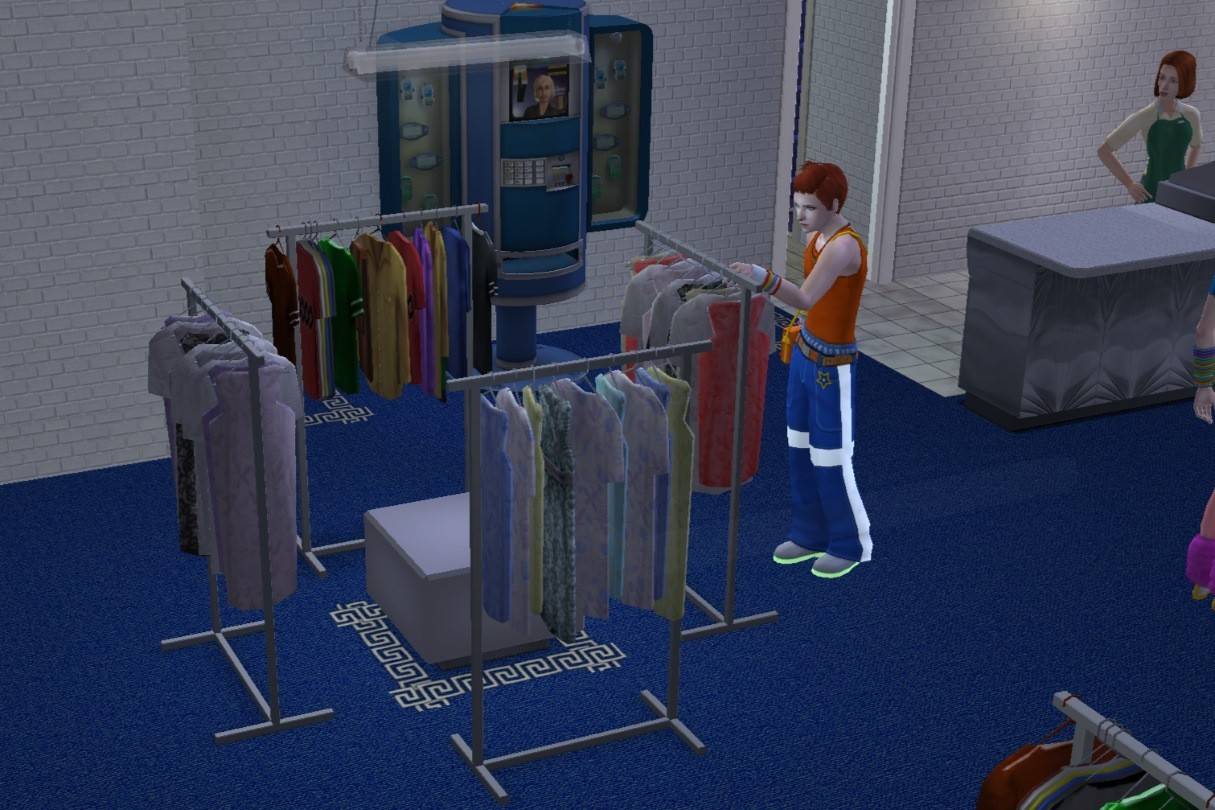 Image: ensigame.com
Image: ensigame.com
Sims had to buy food and clothes—no magical restocking.
Unique NPCs
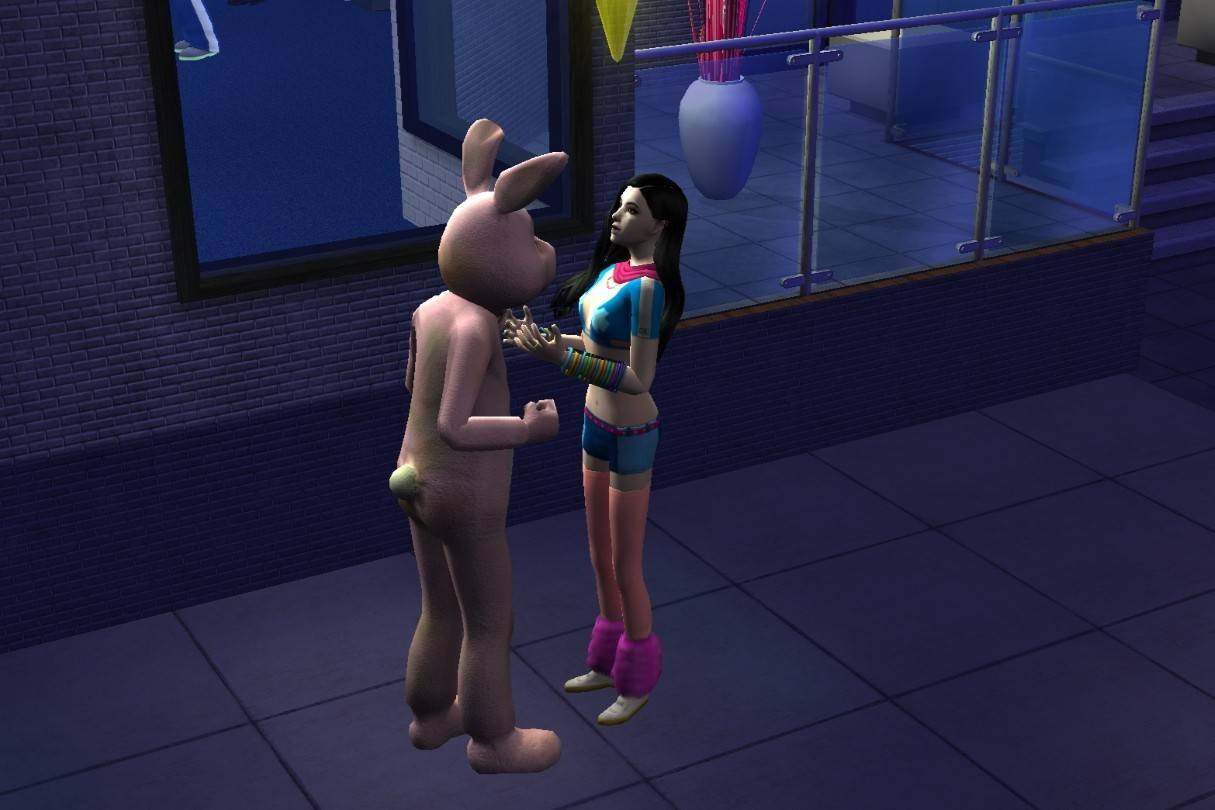 Image: ensigame.com
Image: ensigame.com
The Social Bunny appeared when social needs were low; the Therapist intervened during breakdowns.
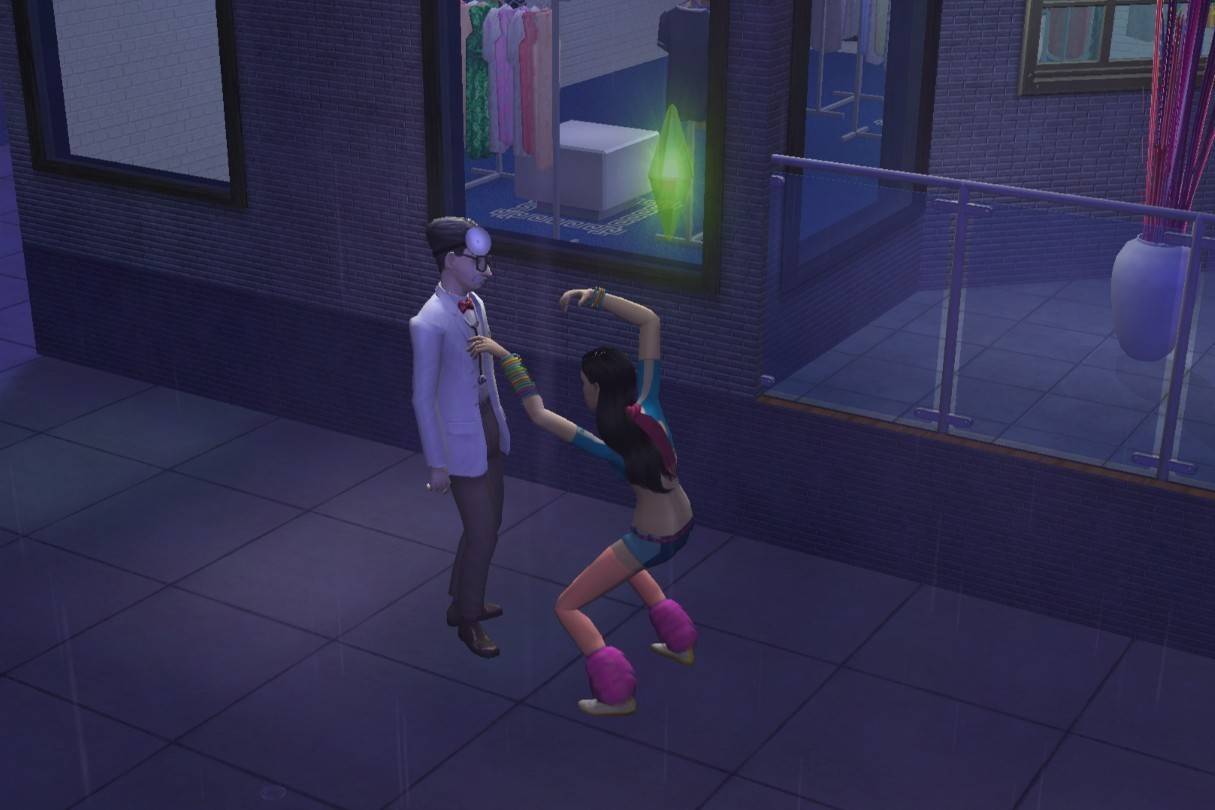 Image: ensigame.com
Image: ensigame.com
Unlocking Hobbies
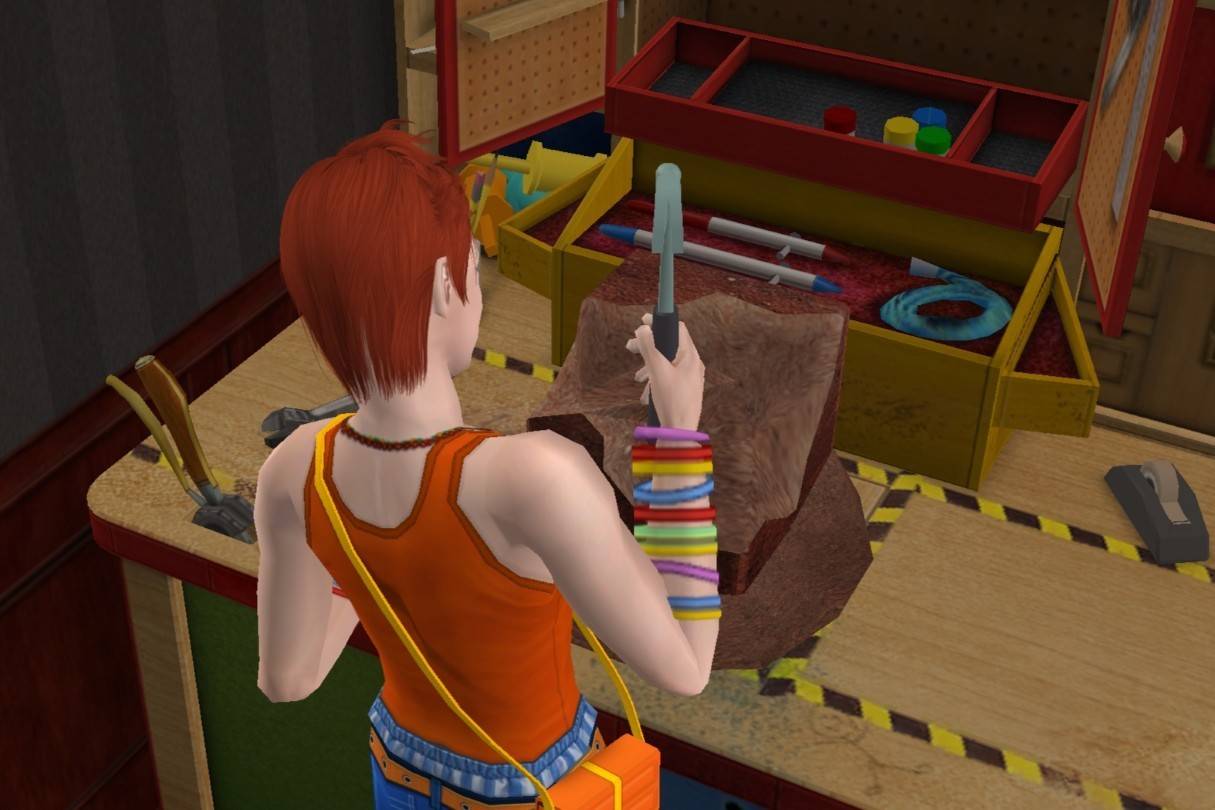 Image: ensigame.com
Image: ensigame.com
FreeTime introduced hobbies with skill-building, friendships, and career opportunities.
A Helping Hand
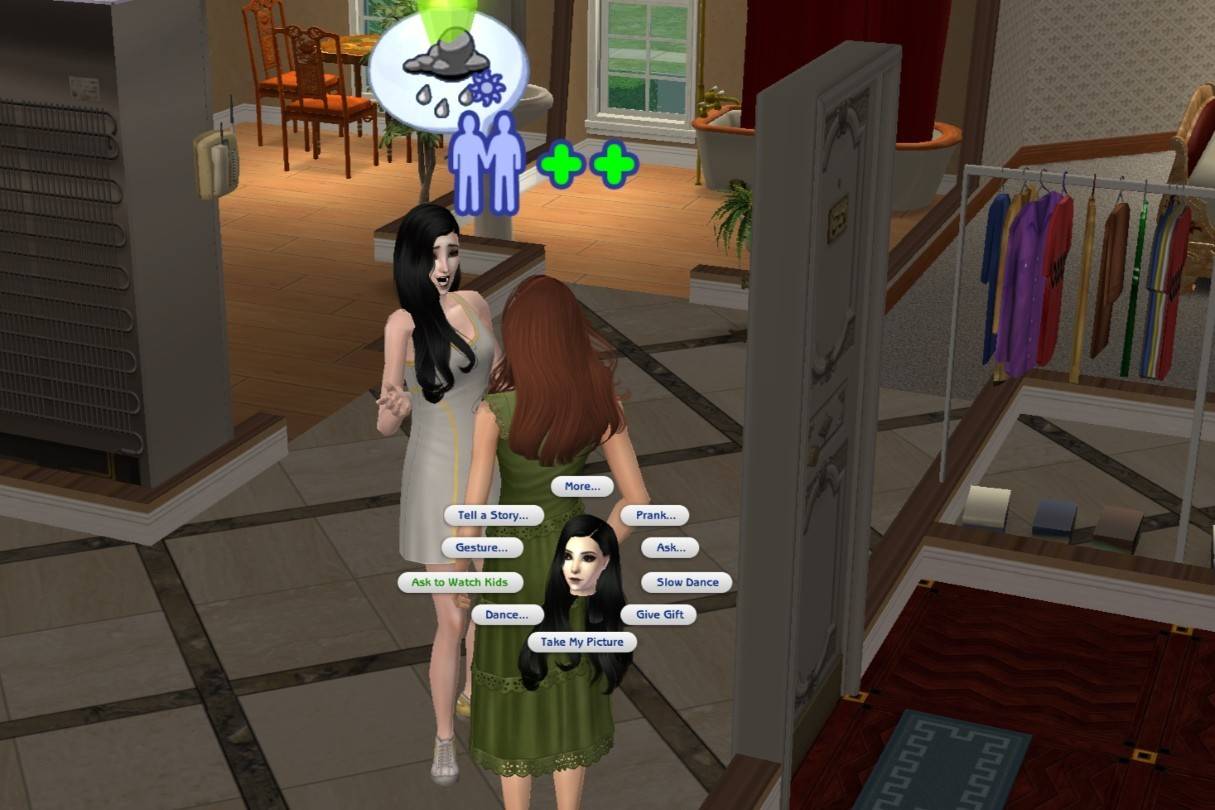 Image: ensigame.com
Image: ensigame.com
Close neighbors could help with childcare.
The original Sims games were remarkably deep and creative. While a complete return of these features may be unlikely, their legacy reminds us of the unique charm that defined the series' early days.



